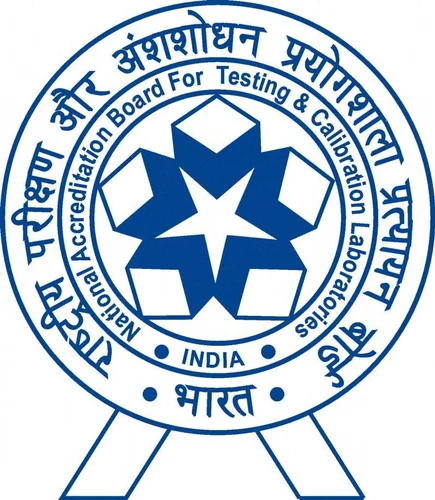Bengaluru

Select your city
Popular cites

Bengaluru

New Delhi

Pune

Mumbai

Chennai
Other cities
Hide All Cites
Add tests
Basic Hair Health Package: Vitamins & TSH
Includes 3 Tests
You need to provide
Blood
This test is for
Male, Female
Overview of Basic Hair Health Package: Vitamins & TSH
How Basic Hair Health Package: Vitamins & TSH helps you?
The basic hair package aims to identify and understand nutritional deficiencies in essential vitamins, specifically Vitamin B12 and Vitamin D. Simultaneously, it assesses and detects possible thyroid gland disorders, evaluating thyroid function. Deficiencies or excesses in these vitamins and imbalances in thyroid function can be underlying conditions for excessive hair loss in both men and women along with other health related issues.
Precautions
1. Fasting isn’t required. You may eat and drink as per your daily routine.
2. It is advisable to stop multivitamins or dietary supplements containing biotin (vitamin B7) for at least 2 days before the test.
Package Tests Included in Basic Hair Health Package: Vitamins & TSH (3 tests)
- B12 Hair Strength Test (Vitamin B12) (includes 1 tests)
A Vitamin B12 test measures your vitamin B12 levels. Vitamin B12 is essential for various health aspects, such as maintaining a healthy nervous system, making red blood cells, and creating the genetic material of our cells. Low vitamin B12 levels are more likely to occur in older adults, children, vegans, vegetarians, people with diabetes, individuals who underwent gastric bypass surgery, women who are breastfeeding, and in conditions that impact absorption of this vitamin, like Crohn’s disease. Higher vitamin B12 levels are uncommon as excessive vitamin B12 is usually removed through the urine. However, some conditions, such as liver diseases and myeloproliferative disorders, can cause an increase in vitamin B12 levels, thereby affecting blood cell production.
- Vitamin D, 25 Follicle Support Test (includes 1 tests)
A Vitamin D (25-Hydroxy) test measures the levels of vitamin D in the body. It is an essential nutrient that can be synthesized in the body upon healthy exposure to sunlight or absorbed from dietary sources. It majorly exists in two forms: Vitamin D2 (ergocalciferol) and Vitamin D3 (cholecalciferol). Vitamin D2 is present in plants, such as yeast or mushrooms, and is available as a supplement in fortified foods, and vitamin D3 is found in foods like cheese, green vegetables, mushrooms, egg yolks, and fatty fish.
Both forms of vitamin D (D2 and D3) need to undergo some chemical changes before being available for use in the body. These chemical changes take place in the liver or kidneys. The liver converts vitamin D to 25-hydroxyvitamin D (25-OH vitamin D). A Vitamin D (25-Hydroxy) test measures the level of this 25-OH vitamin D as it is the primary form of vitamin D that circulates in the blood.
- TSH (Thyroid Stimulating Hormone) Ultrasensitive (includes 1 tests)
A TSH (Thyroid Stimulating Hormone) Ultrasensitive test measures the levels of TSH hormone in the blood. TSH is produced by the pituitary gland located in the brain. Its function is to stimulate and regulate the functioning of the thyroid gland. It signals the thyroid gland to increase or decrease the production of thyroid hormones T3 and T4 (essential for regulating our body’s metabolism, temperature, heart rate, and growth) when their levels are low or high, respectively. Therefore, when the levels of T3 & T4 decrease, the pituitary gland is stimulated to release TSH. This high TSH level, in turn, stimulates the thyroid gland to release more thyroid hormones (T3 & T4); the vice-versa happens when the levels of thyroid hormones increase.
